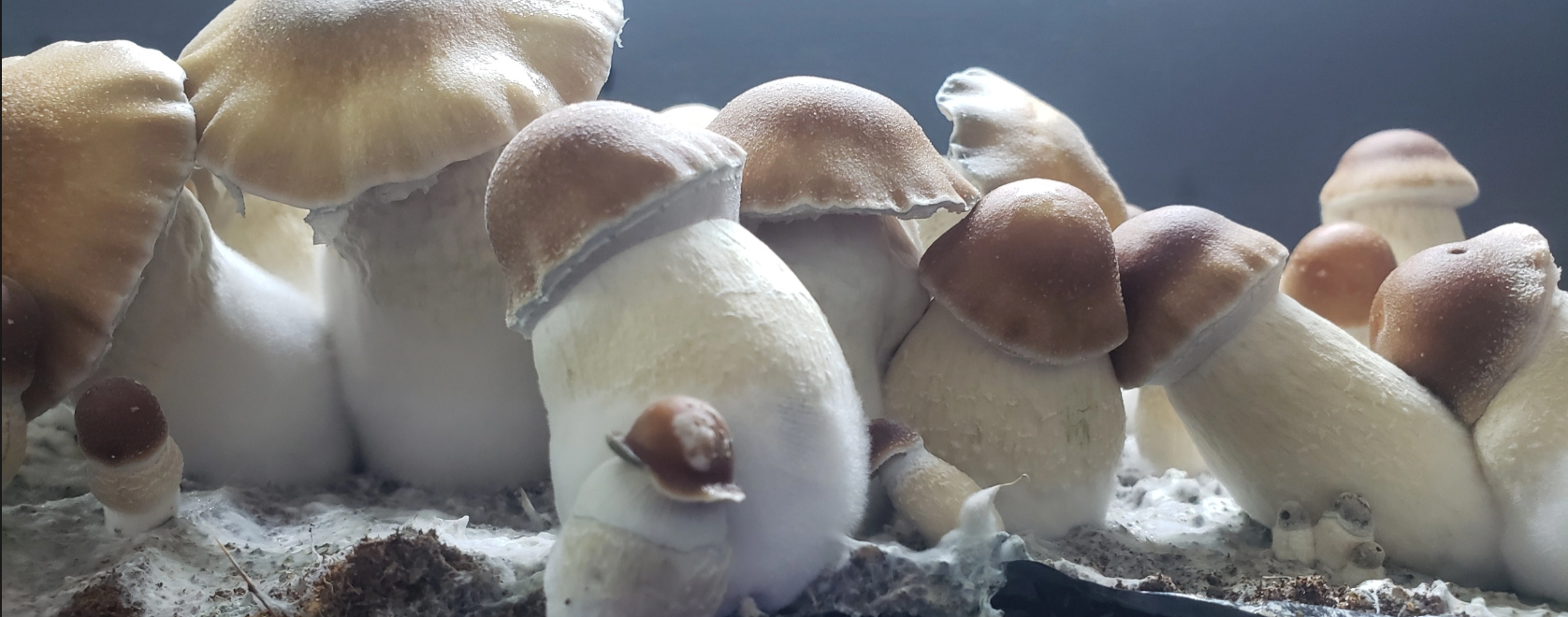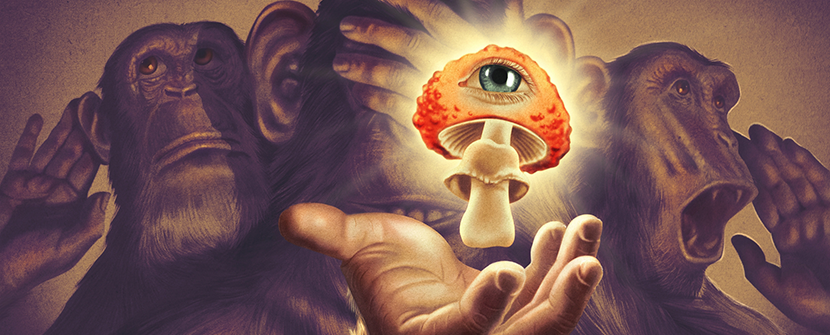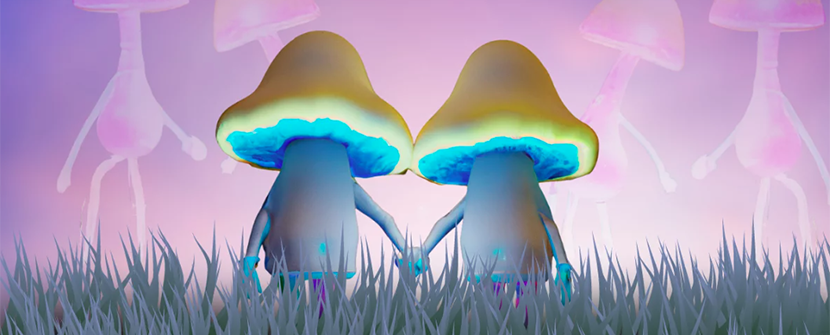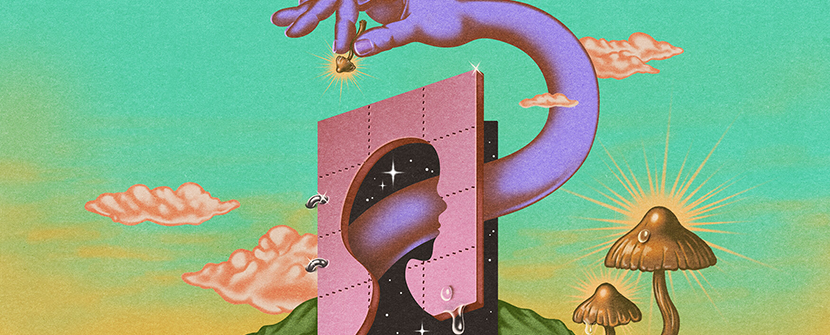Roland Griffiths, a professor of neuroscience, psychiatry, and behavioral sciences at the Johns Hopkins University School of Medicine, is a leading researcher in the field of psychedelic science. His studies on the therapeutic potential of psilocybin, the active compound in magic mushrooms, have paved the way for a new era of research on the use of psychedelics in mental health therapy.
Griffiths' work has focused on the therapeutic potential of psilocybin for the treatment of depression, anxiety, addiction, and other mental health conditions. His studies have demonstrated that psilocybin can be a safe and effective tool for mental health therapy, with lasting effects that persist long after the psychedelic experience has ended.
One of Griffiths' most groundbreaking studies was published in 2016 and demonstrated the therapeutic potential of psilocybin-assisted therapy for the treatment of depression and anxiety in cancer patients. The study involved 51 participants, all of whom were diagnosed with life-threatening cancer and had symptoms of depression and anxiety.
Participants were randomly assigned to receive either a high dose of psilocybin (22 or 30 milligrams per 70 kilograms of body weight) or a low dose of psilocybin (1 or 3 milligrams per 70 kilograms of body weight) in a controlled setting with two trained guides present. The participants also received psychological support before and after the psilocybin sessions.
The results of the study were impressive, with 80% of the participants showing significant reductions in symptoms of depression and anxiety six months after the psilocybin-assisted therapy sessions. In addition, 67% of the participants rated the experience as one of the top five most meaningful experiences of their lives.
Another study conducted by Griffiths and his team focused on the use of psilocybin for the treatment of tobacco addiction. The study involved 15 participants who had a history of smoking an average of 19 cigarettes per day for 31 years. Participants were given three psilocybin sessions over a period of three weeks, with cognitive behavioral therapy provided before and after each session.
The results of the study were impressive, with 12 of the 15 participants showing sustained abstinence from smoking for six months after the psilocybin-assisted therapy sessions. This is a significantly higher success rate than traditional smoking cessation therapies.
Griffiths has also conducted studies on the use of psilocybin for the enhancement of creativity and spirituality. In one study, participants reported an increase in creativity and open-mindedness after taking psilocybin, while another study found that psilocybin-assisted therapy led to an increase in mystical experiences and spiritual significance.
Roland Griffiths' groundbreaking studies on psilocybin have demonstrated the therapeutic potential of this compound for the treatment of depression, anxiety, addiction, and other mental health conditions. His work has helped to rekindle scientific interest in the use of psychedelics in mental health therapy and has paved the way for a new era of research in this field. With more research, it is likely that psilocybin and other psychedelics will become increasingly accepted as a safe and effective tool for mental health therapy.








